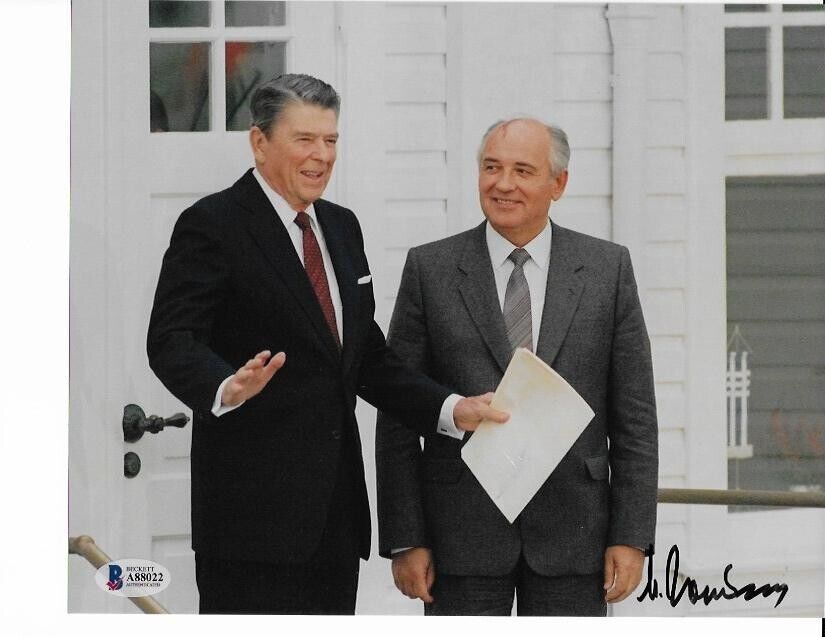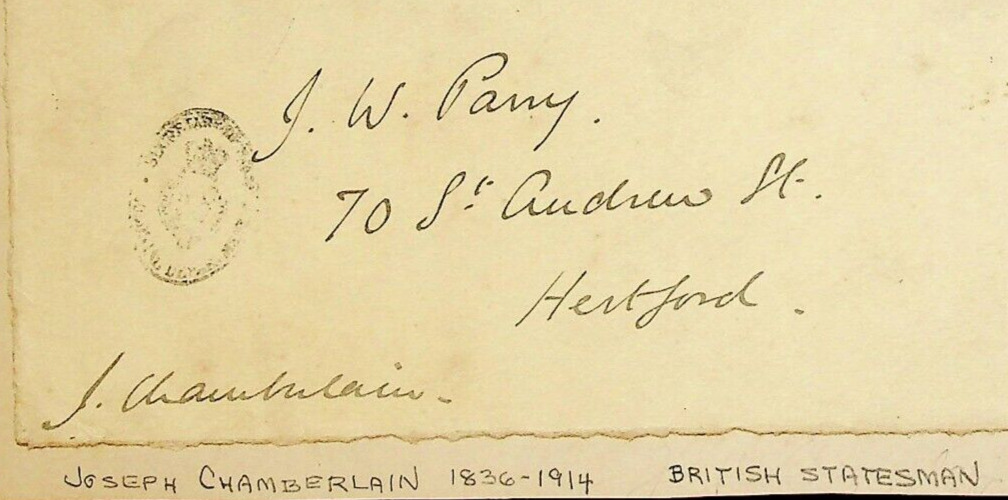-40%
Jefferson Provides Confidential Intel On War Between Russia, Turkey; Fears War
$ 842.16
- Description
- Size Guide
Description
Offering a 2 1/4 pp, 7 x 8 3/4, ALS with integral address leaf from Burrill Carnes, U.S. Consul at Nantes [France], forwarding a message from Thomas Jefferson, minister to the United States, to Frederic Dobree, Vice-Consul at Nantes. Carnes repeats a verbatim message received from Jefferson on September 9th, 1787, regarding the war between Russia and Turkey. Jefferson had asked Carnes to share the information only with those concerned with commerce of the United States from Nantes, and not to let the information go further. Carnes refers to Jefferson as “a friend of ours.” Jefferson was clearly afraid that war could break out all over Europe.On September 17th, 1787, Carnes writes, “I have been detained here and elsewhere, much longer than expected when I had the pleasure of taking you by the hand at Nantes, but I expect to be at home within the course of the week. It is not merely for this information that I give you the expence of postage it is to give you extracts of a letter from a friend of ours [Thomas Jefferson] at Paris which may be acceptable.
Jefferson had written to Carnes and Carnes to Dopree: “The affairs of Holland which for some time had threatened a war, were in a promising course of negotiation, when suddenly a war is kindled between the Russians & Turks. The latter have imprisoned the Russian Ambassador resident with them, and I think there is no hope of preventing the war. In the present situation of Europe, a spark dropped anywhere must necessarily kindle the whole. The utmost that can be hoped is that the other powers of Europe may not be drawn into the vortex of hostilities ‘till the ensuing spring. But this is not certain. As the desire of this government to continue the peace might render the publication of this opinion disagreeable to them, I wish you to make use of this only for the information of the persons concerned in the commerce of the United States from your port, my duty carrying me to the care of them & my desire of doing nothing disagreeable to government preventing me from wishing this communication to go further.
“I hand you this my dear Sir in confidence, being convinced that your prudence will prevent your exposing me to reproach from any quarter, considering you a party interested. I am in the great haste with my most respectful compliments to Madame Schweighauser & family.
J.D. Schweighauser (1714 – 1781] was Dobree’s business partner. He served as an American agent at Nantes for a 1779 prisoner exchange with England that was negotiated by Benjamin Franklin.
In 1784, Jefferson moved to Paris, where he spent the next five years as minister from the new United States of America. These were formative years for France, for the United States and for Jefferson’s cultural and intellectual development. Jefferson’s September 9th, 1787, letter to Carnes begins, “I am to thank you for the list of American ships inclosed in your favor of Aug. 23, and to desire your orders for the reimbursement of what it cost you.” He then writes the letter, which Carnes quotes to Dobree. [Research included] Jefferson served as U.S. President from March 4, 1801 to March 4, 1809.
In a follow up letter to Carnes, dated September 22, 1787, [copy included] Jefferson references a letter Carnes sent to him on September 17th, “I am honored by your favor of the 17th instant. A war between France and England does not necessarily engage America in it; and I think she will be disposed rather to avail herself of the advantages of a neutral power. By the former usage of nations the goods of a friend were safe tho taken in an enemy bottom, and those of an enemy were lawful prize tho found in a free bottom. But in our treaties with France & c. we have established the simpler rule that a free bottom makes free goods, and an enemy bottom enemy goods. The same rule has been adopted by the treaty of armed neutrality between Russia, Sweden, Denmark, Holland and Portugal, and assented to by France and Spain. Contraband goods however are always excepted, so that they may still be seized, but the same powers have established that naval stores are not contraband: and this may be considered now as the law of nations. Tho’ England acquiesced under this during the late war, rather than draw on herself the neutral powers, yet she never acceded to the new principle, and her obstinacy on this point is what has prevented the late renewal of her treaty with Russia. On the commencement of a new war this principle will probably be insisted on by the neutral powers, whom we may suppose to be Sweden, Denmark, Portugal, America and perhaps Spain...”
Folds. Seal tear. Very readable and an incredible example of early American history and Jefferson’s solid interest in keeping Europe calm.
Everything we sell is guaranteed authentic forever to the original buyer. We also offer a 30-day return policy. If you discover a problem or are dissatisfied with an item, please contact us immediately. Our goal is to please every customer. We are pleased to be members of The Manuscript Society, Universal Autograph Collectors Club, The Ephemera Society, the Southern New England Antiquarian Booksellers and the Preferred Autograph Dealers and Auction House. [AM 247]











